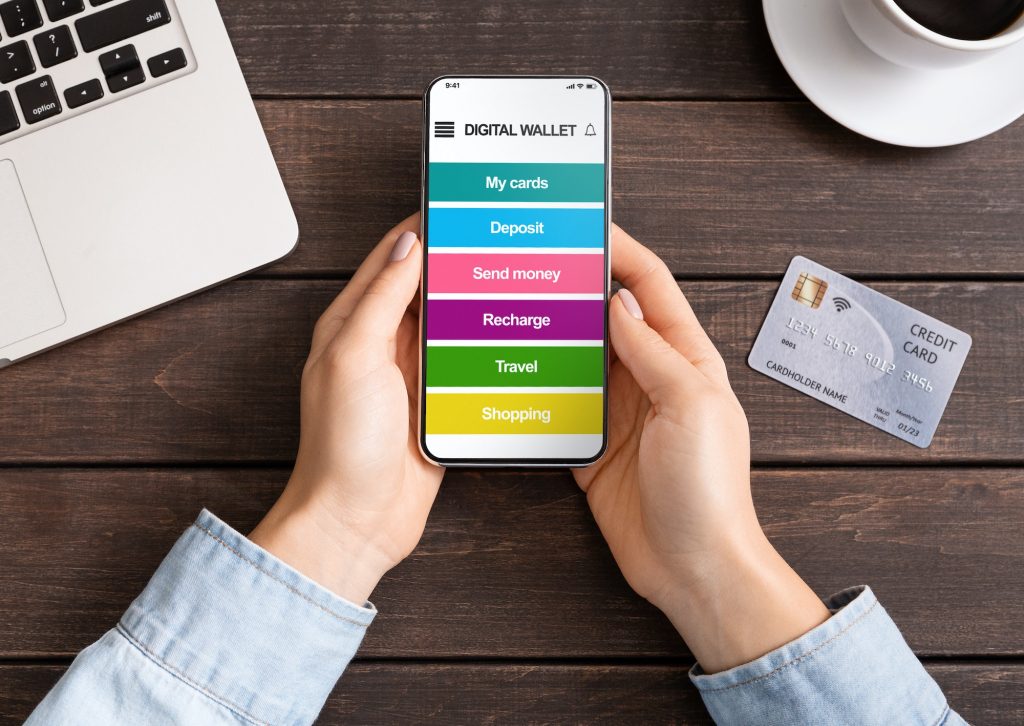Apple’s NFC technology will no longer be reserved to Apple Pay and Wallet in the EEA
Announced on Thursday, Apple will allow competitors to the NFC technology in its devices, offering alternatives for digital wallets and other services.

The EU Commission has announced that Apple will open its near-field-communication (NFC) technology to third party developers, including competitors. Rival mobile wallet providers will now be able to use this technology as well, giving them access to a new market of users. Companies other than Apple will also be able to access tap-and-go services which use NFC technology. This means they will have access to technologies for things like digital wallets, house and car keys, security badges, loyalty cards, and event tickets.
“We have offered commitments to provide third-party developers in the European Economic Area with an option that will enable their users to make NFC contactless payments from within their iOS apps, separate from Apple Pay and Apple Wallet,” Apple said in an emailed statement to Reuters. EU antitrust chief Margrethe Vestager noted that ‘consumers will have a wider range of safe and innovative mobile wallets to choose from.’
After the EU shared its concerns on Apple’s market dominance in May 2022, Apple decided it would settle the case and determined a first set of commitments. Commission market-tested these commitments between 19 January 2024 and 19 February 2024, consulting all interested third parties to verify whether they would remove its competition concerns. After this process, Apple came up with a second round of commitments which the EU turned into law. This way, Apple avoided a violation of the EU’s antitrust laws and a fine.
Apple’s decision to settle the EU antitrust probe stands out given the company has pushed back against the EU competition watchdog on other occasions. Besides this case, it is currently facing a number of investigations under the Digital Markets Act (DMA) over its business practices. It recently received a €1.8 billion fine, which it is currently appealing.
